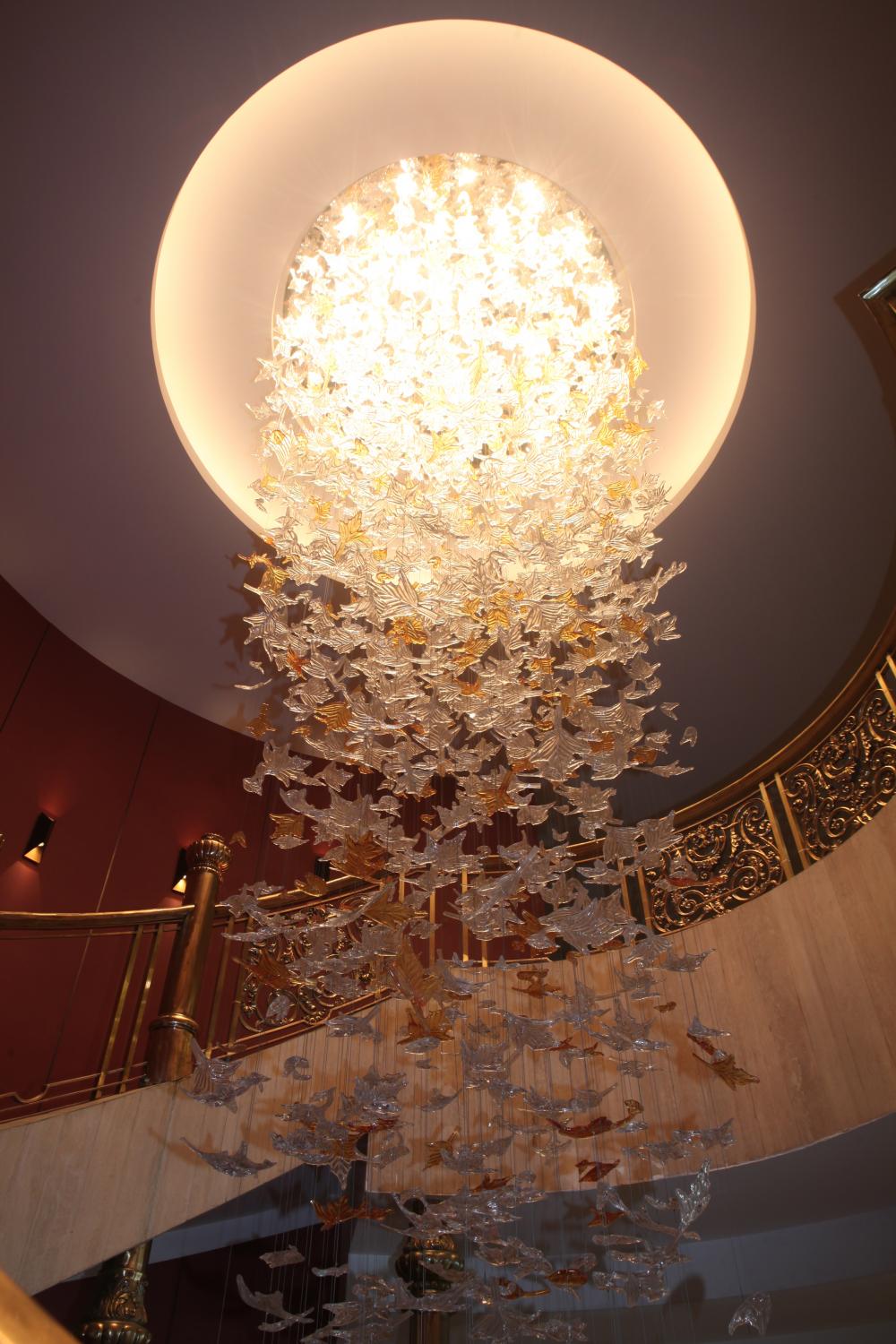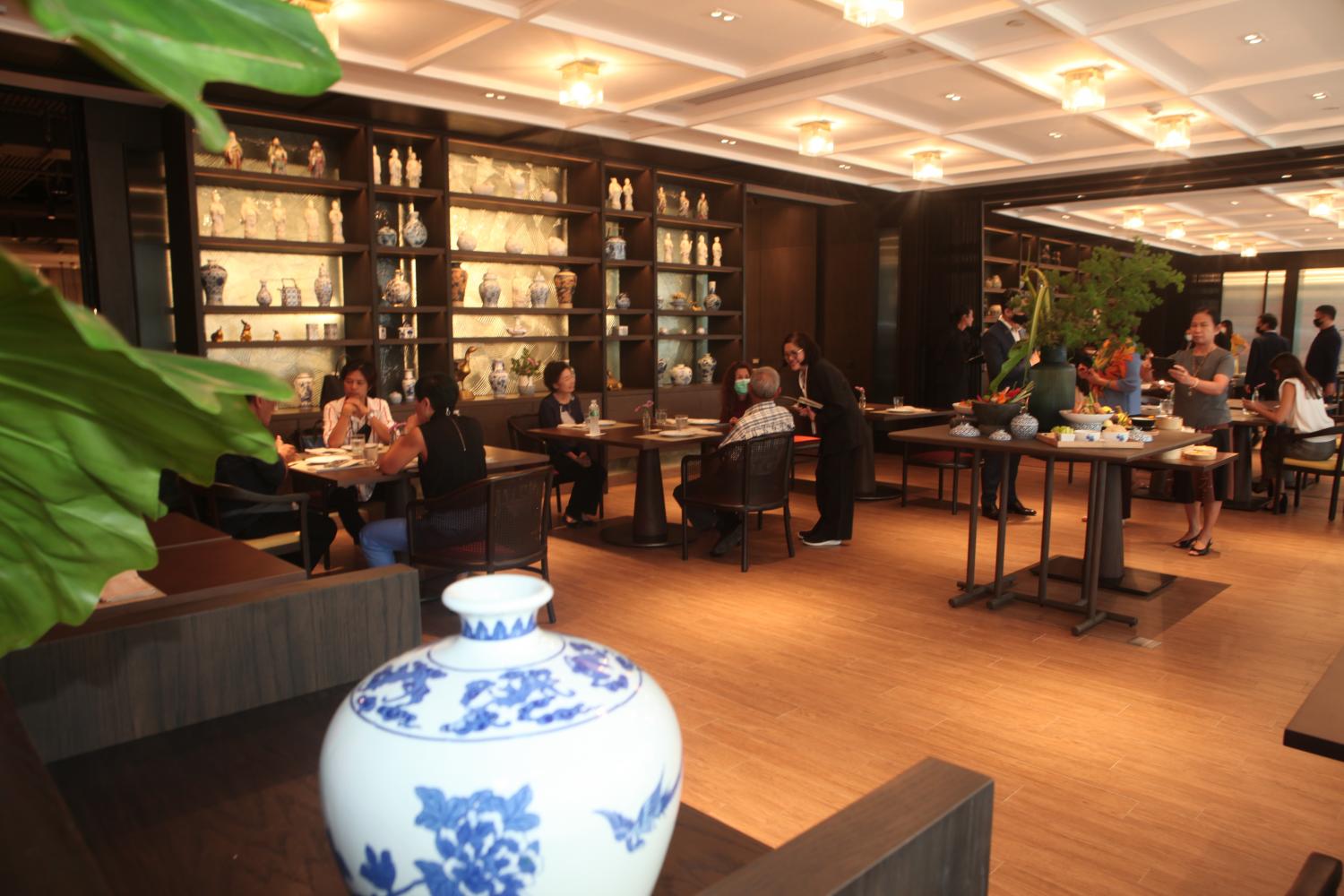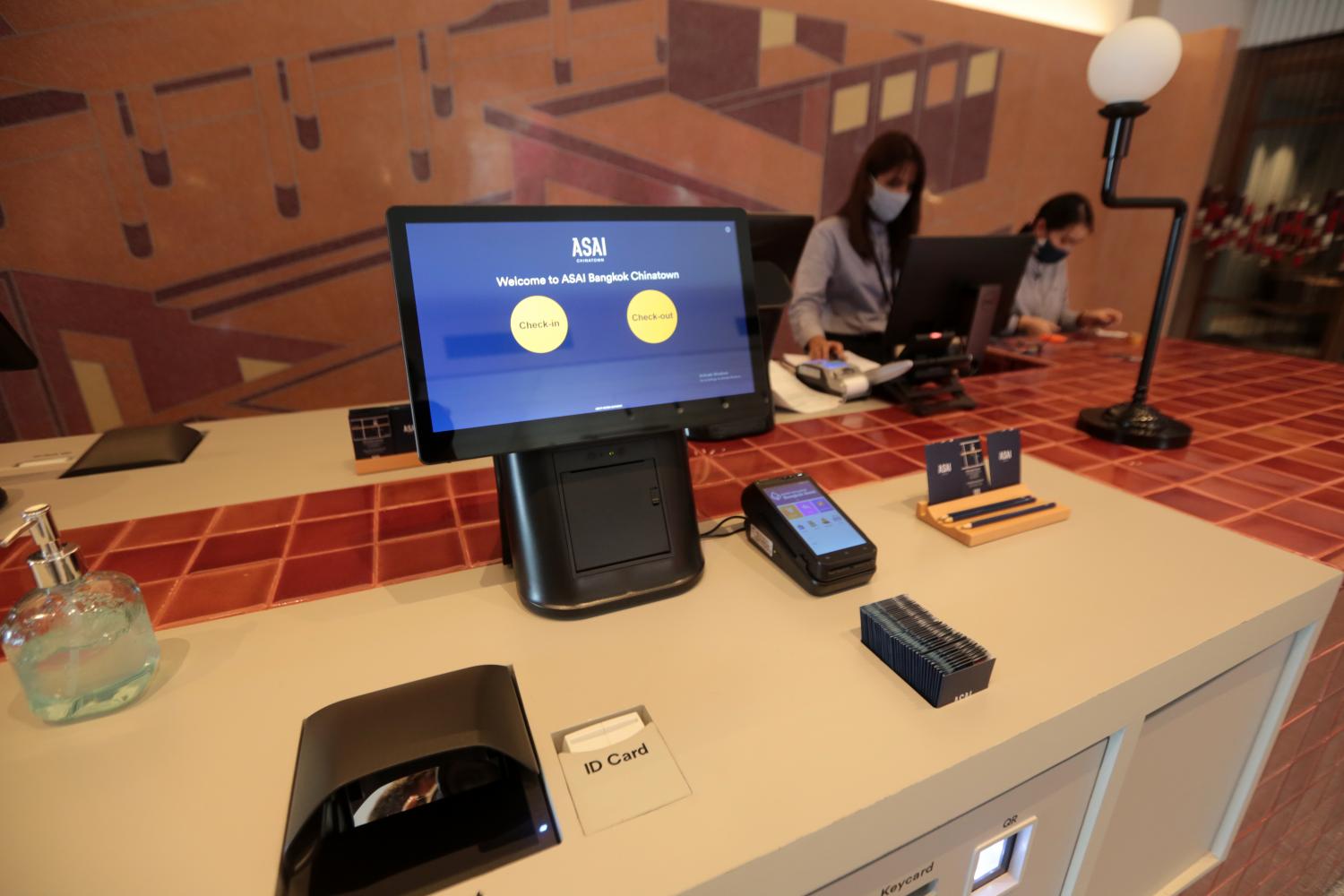A new wave of Covid-19 infections has yet again hit Thailand's travel industry after the authorities encouraged people to stay home and not travel across provinces in order to contain the virus.
However, Gen Z and millennial travellers are still seeking tailored holiday experiences to satisfy their wanderlust and are shaping travel trends. In 2018, millennials spent around US$200 billion on travel and last year they accounted for more than 60% of the travel market share in the Asian region.
According to Berkshire Hathaway Travel Protection's annual State Of Travel Insurance report, millennials and high-income travellers will be the first group to take up travelling again in 2021.
Amid a growing competitive environment in the hospitality industry, two of Thailand's biggest hotel brands are crafting different leisure options to meet the requirements of smart independent travellers willing to invest in unique cultural experiences.
Asai Bangkok Chinatown
Recognising the potential of a limited-service lifestyle hotel, Dusit International recently expanded its portfolio by unveiling Asai Bangkok Chinatown. Following the "Live Local" motto, the hotel is the brainchild of executive Siradej Donavanik, who has a special interest in sustainable business strategies.
Asai Bangkok Chinatown, which opened in September, is the first property under the umbrella of the Asai Hotels brand, with four other branches due to open in other destinations such as Bangkok's Sathon, Kyoto in Japan, Yangon in Myanmar and Cebu in the Philippines.
Nestled between the 4th and 8th floor of the I'm Chinatown community mall, Asai Bangkok Chinatown focuses on lean luxury to reflect the rich cultural heritage of the surrounding neighbourhood so that travellers can enjoy an authentic local experience.
"Dusit has experience in managing several full-service hotel brands such as Dusit Thani, Dusit Princess and Elite Havens, which cover the mid-scale to upscale luxury segment. We realise that the travellers of today focus on experiences rather than facilities and Asai Hotels is our first limited service brand to expand into the affordable lifestyle segment. We've created Asai Hotels to be a platform of experiences," said Siradej, who is also managing director of Asai Holdings.
"We dropped a pin on Yaowarat because this location is interesting. There have been no new hotels in this area for years even though the neighbourhood represents the authenticity of Bangkok. Not only is Yaowarat famous for street food and its Thai, Vietnamese and Chinese temples, but it is also a junction between the central business district and the old town. The area has an identity and charm of a local neighbourhood."
Moreover, the decorations mirror the alluring character of Chinatown with commissioned artworks such as photographs by DogDuckPugPed which illustrate the landscapes around Yaowarat Road, hand-painted octangular tiles by skilful artisans from Lampang, handcrafted rope curtains by Ease Studio and artist Eric Tobua's giant lion-like sculpture made from recycled materials.
"Collaborating with local artists is our brand culture. We want our property to be an ambassador of Chinatown. We've developed new content and several creative programmes to provide customers with unique local experiences. For example, a food tour will take customers to explore the colourful culinary scene around Yaowarat. Moreover, our staff are trained to be local guides and are required to know everything about the area," Siradej said.
"Since one of our core pillars is 'Thoughtful Essentials', we focus on the value proposition we can provide to customers and the community. While our room rates start at 1,509 baht, it doesn't mean that we need to sell products at the lowest cost."
The hotel also has a 24-hour gym, outdoor space for workshops, and a small organic farm of herbs and local vegetables. Developed by chef Jarrett Wrisley and Paolo Vitaletti from Soul Food Mahanakorn and Appia, the Jam Jam eatery and bar offers a choice of tantalising comfort dishes, influenced by Asian and Western flavours.
"Focusing on sustainable living, our restaurant serves a la carte breakfast rather than a buffet to reduce food waste. Also, our menu is different from other shops in the neighbourhood and provides different choices to our customers. For example, we worked with chef Duangporn Songvisava from Bo.lan and new-wave electro-molam band Tontrakul to create a special dinner menu a few months ago. Moreover, our bar has also joined hands with Chiang Mai's famous Akha Ama cafe to serve exclusive coffee blends as well as provide a coffee sensory workshop," Siradej said.
"To promote sustainable tourism, we should support a community so that everyone can survive. Therefore, our website provides content relevant to the culture, cuisine, arts and lifestyle in a section called 'Local Guide' to help our guests and other travellers draft their own itineraries to explore Chinatown."
The property has 224 compact rooms, ranging from 17m² to 26m². Not only is each room simple and comfortable but they feature contemporary design and have good quality beds, high-pressure rain showers, luggage space and a work desk with a USB charging station to emphasise in-stay essentials.
"We don't sell a room, but experiences, and sleeping and taking a shower are part of the experience. While our rooms look simple, they are complete with all the amenities you need in daily life. We pay attention to details like lighting to allow guests to get better sleep. The design has been developed to solve a traveller's pain points. In the past, I've come across a compact room designed to be functional but there was no comfy seat. Therefore, we built an extensive common area next to the living room so that guests can drink coffee while working," Siradej said.
Meanwhile, Asai Bangkok Sathon, which will bring the hotel chain into the heart of the central business district, is expected to open in the second quarter of this year. This new hotel will offer 106 rooms, a compact common area, a bar-cum-check-in corner and a restaurant in collaboration with Bo.lan.
Montien Hotel Surawong Bangkok
Once a popular venue for entertainment, arts and fine dining, Montien Hotel Surawong Bangkok has spent over 1 billion baht in a massive facelift project.

Montien Hotel Surawong Bangkok has managed to maintain its iconic architectural features. Photos: Apichart Jinakul
The renovation is a collaboration between executive director Montien Tantakit and Conduit House to transform the 53-year-old property into an elegant lifestyle hotel that combines timeless Thai craftsmanship, great cuisine and first-class service to ensure a luxurious experience.
"It's time to change as this hotel officially opened on Valentine's Day in 1967. This is an extensive renovation project to bring Thai craftsmanship and arts to life and to ensure a Thai hotel can reflect Thainess in a modern way," said executive director Montien Tantakit.
"We welcome guests with excellent Thai-style service. In recent years, individual travellers and families have been driving the tourism industry and since we can find everything at our fingertips today, guest reviews and social media play an important role in this competitive environment. Also, since customers are looking for different experiences, we're a leader in this field in the Asian market."
Under the concept of "Revival Of The Original", renowned studio P49 Design & Associates has taken up the task of the hotel's interior design to maintain the hotel's iconic architectural features like the elaborate mural paintings by artist Paiboon Suwannakudt.
After being closed for 18 months, the property recently reopened its North Wing with more than 300 rooms to welcome travellers during the high season.
Ranging in size from 30m² to 56m², each room is clean, cosy, has a modern Thai style, and comes complete with comfortable beds, USB charging hubs, living space, luggage space, Japanese bidet toilet and a separate shower.
"The old teak furniture has been modified to give a contemporary look. Additionally, all rooms are soundproof while the wallpaper has been fashioned out of hand-printed textiles by Khomapastr and show different elements of artist Paiboon Suwannakudt's artwork. Also, all of the beds are new and come with duvets. Last but not least, the rooms are also equipped with water sprinklers to ensure safety," Montien said.
Meanwhile, the Rajmontien Grand Ballroom is equipped with cutting-edge Samsung technology like an 8m LED wall display and pillars of LED TVs, which are perfect for conferences, wedding ceremonies and seminars.
"We've invested more than 100 million baht to modernise our ballrooms. By using advanced technology and lighting facilities, we hope to expand our reach to the Mice [meeting, incentives, conventions and exhibitions] market."

The hotel has converted its two eateries into a modern mixed-use dining space. Photo: Apichart Jinakul
The Thai-style Ruenton eatery, recognised by Michelin, has been redesigned with a retro-modern look and it continues to serve a tantalising choice of Thai and Chinese dishes such as chicken rice and dim sum.
"With people's lifestyles changing, the modern design allows our two iconic eateries -- Ruenton and Jade Garden -- to share a mixed-use space where customers can relax or work in a laid-back environment. The dining space has been decorated with a collection of old tableware, decorative items and some antiques from our own chamber to evoke nostalgic vibes," Montien said.
"In fact, the repair and refurbishment of old items is sometimes more expensive than buying or building new things, however, they win in terms of quality and the stories they tell."
The renovation is expected to be completed by this year and when finished, the South Wing will accommodate more than 200 rooms and the majestic Montienthip ballroom, while the grand lobby will feature a full collection of iconic paintings by Paiboon Suwannakudt.
- Asai Bangkok Chinatown is at 531 Charoen Krung Road. Find more details at asaihotels.com.
- Montien Hotel Surawong Bangkok is at 54 Surawong Road. Find out more details at montienbangkok.com.




